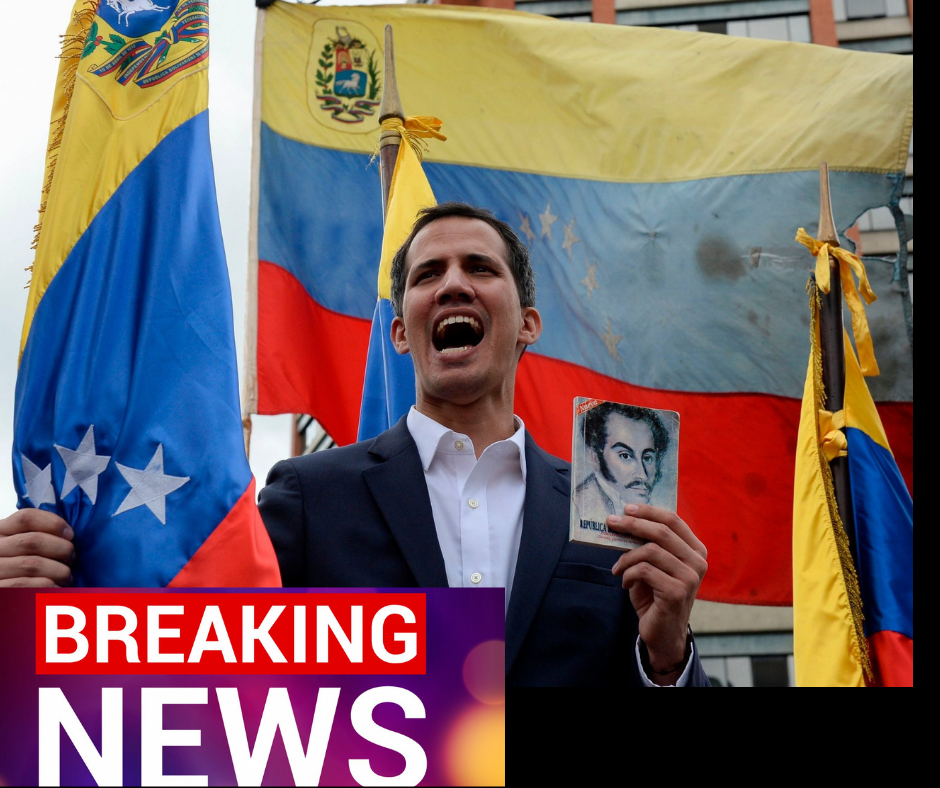EU parliament voted to legitimize Guaido as Venezuela’s interim president.

Juan Guaido at a rally in Caracas, Venezuela. © Carlos Garcia Rawlins / Reuters Source: RT: The European Parliament adopted a resolution recognizing opposition leader Juan Guaido as the legitimate interim president of Venezuela and urge the EU leaders to do the same.
The draft resolution, which was approved on Thursday, called on EU leaders to adopt “a strong, unified stance,” and recognize Guaido as the “only legitimate” interim president of the Venezuela until new elections are held to “restore democracy.”
They also urged the EU states to “accredit” the Venezuelan envoys appointed by the opposition.
OAS Permanent Council Agrees “to not recognize the legitimacy of Nicolas Maduro’s new term”
January 10, 2019
The Permanent Council of the Organization of American States (OAS) today agreed “to not recognize the legitimacy of Nicolas Maduro’s new term as of the 10th of January of 2019.” The resolution was approved with 19 votes in favor, 6 against, 8 abstentions and one absent. Jamaica joined the 18 other members of the Organization of American States (OAS) in voting not to recognize Maduro as Venezuela’s leader following presidential elections that were boycotted by the country’s opposition and was not recognized by the United States. Cuba, Russia, Mexico, China, Turkey and Bolivia recognized Maduro has the legitimate president of Venezuela.
VICEPRESIDENTMIKEPENCE: Send a video message on behalf of President Donald Trump and all the American people, to express the unwavering support of the United States as you, the people of Venezuela, raise your voices in a call for freedom. Nicolás Maduro is a dictator with no legitimate claim to power. The United States said it has handed control of Venezuela’s bank accounts in the US to Juan Guaido, the opposition leader whom Washington has recognised as interim president.
Secretary of State Mike Pompeo signed off on the order last week for Guaido to control holdings in the Federal Reserve Bank of New York and federally insured banks, the State Department said.
“This certification will help Venezuela’s legitimate government safeguard those assets for the benefit of the Venezuelan people,” State Department spokesman Robert Palladino said in a statement.
Explainer: US sanctions to hit Venezuelan state-owned oil company
The US has been pressing other countries to part ways with President Nicolas Maduro and recognise Guaido as Venezuela’s interim president.
On Monday, US President Donald Trump’s administration also announced sanctions against Venezuela’s state oil company PDVSA.
The move is expected to block $7bn in assets and result in $11bn of lost export revenue over the next year.
“These [sanctions] would greatly impact the cash flow of state-owned oil company PDVSA and the country in general,” Carlos Eduardo Pina, a Venezuelan political scientist, told Al Jazeera.
“A lower inflow of foreign currency to Venezuela’s economy would limit the supply of dollars and thus the exchange rate would increase considerably.
“An increase in the exchange rates traduces into higher inflation, leading to huge discomfort among the population that could end leading to further protests,” Pina added.
Treasury Secretary Steven Mnuchin, speaking Tuesday to the Fox Business Network, said that more economic pressure could be coming.
“We will always look at additional sanctions to make sure we protect the assets of the country for the people of Venezuela,” he said, adding that the US wanted to ensure that medicine and other humanitarian goods can still go through.
In response to the US’s move, Maduro on Monday vowed to take action, calling the sanctions “criminal”, and accused Washington of robbing Venezuelans of oil riches that rightfully belonged to them.
